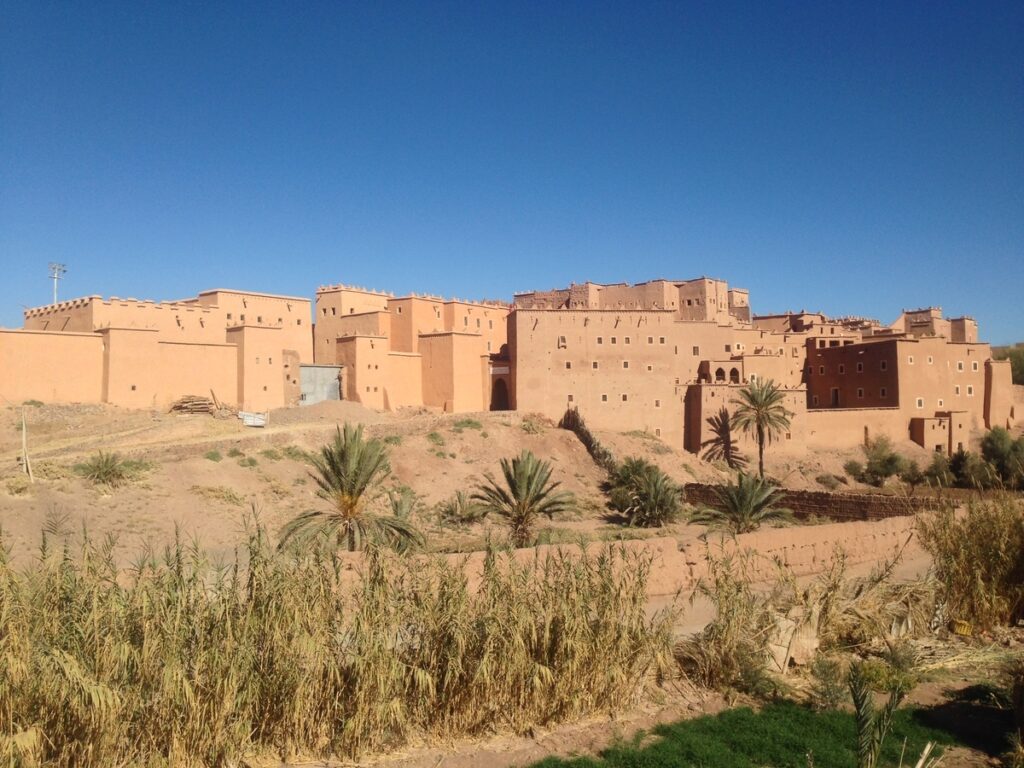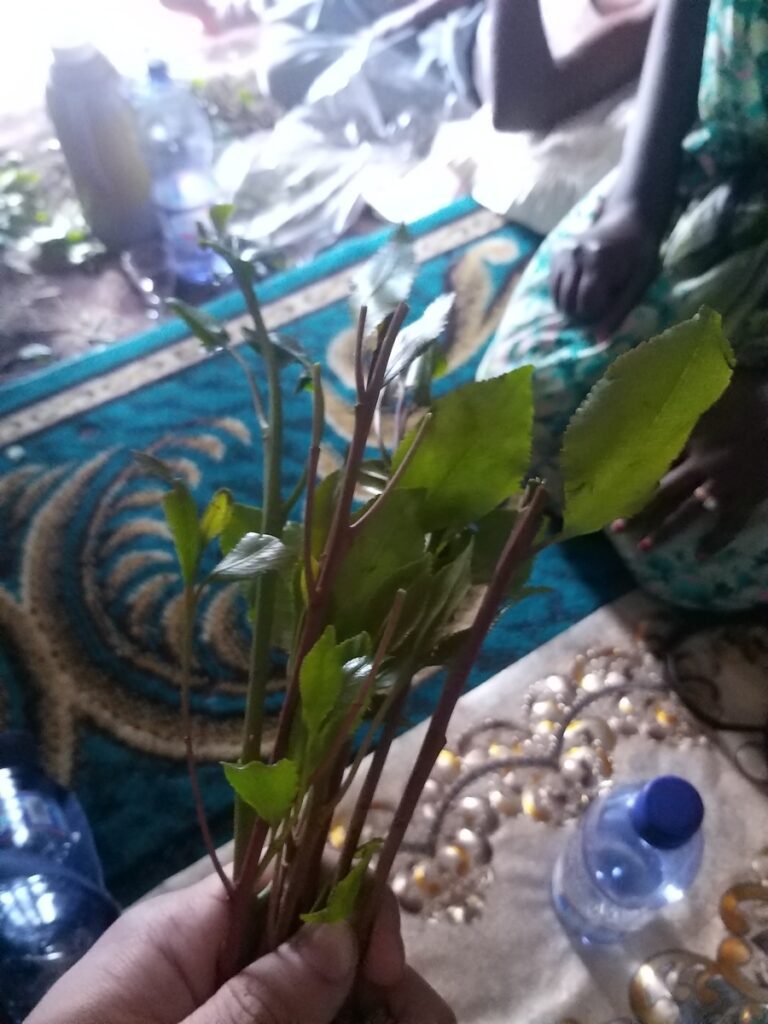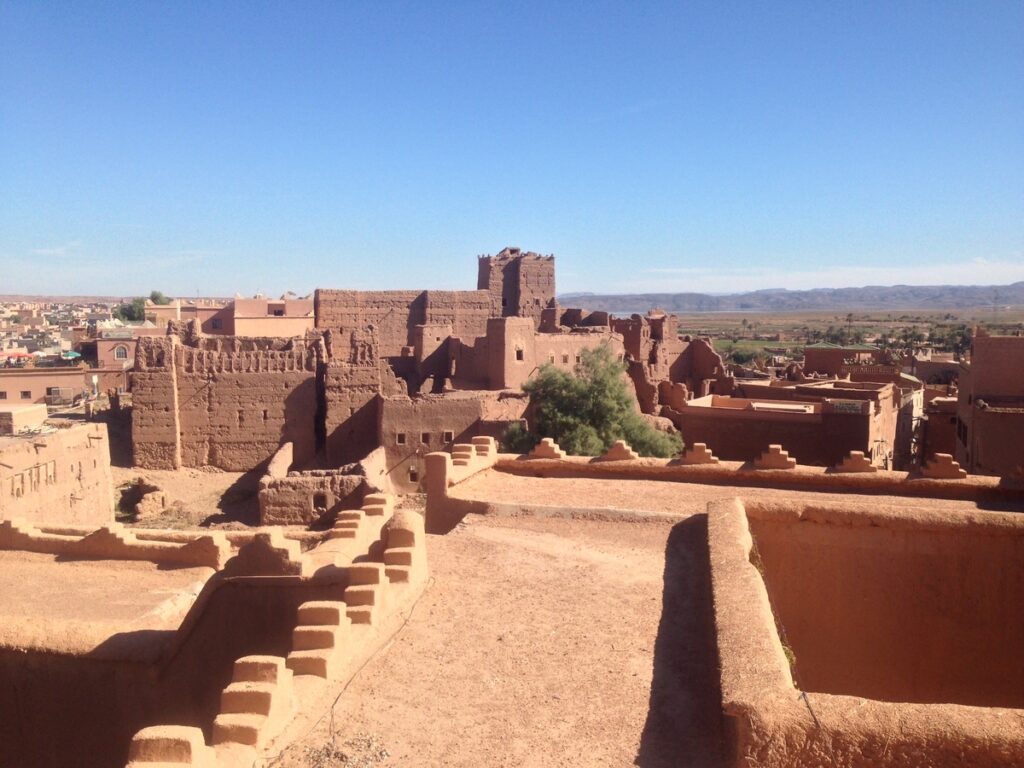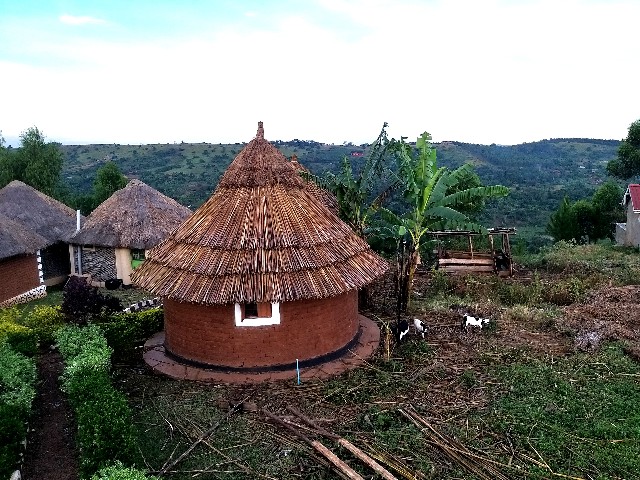Experiencing a Traditional Ethiopian Coffee Ceremony in Harar

Ethiopia, the birthplace of coffee, holds a special place in coffee culture worldwide. The ancient city of Harar, located about 500km east of the capital Addis Ababa, is famous for its wild coffee plants. During my visit, I had the fortunate opportunity to experience a traditional “coffee ceremony” in a local Harari home. This article will detail the meaning and process of the Ethiopian coffee ceremony, share my firsthand experience, and provide cultural etiquette tips for those invited to participate.
Origins and Significance of the Coffee Ceremony
The coffee ceremony is deeply rooted in Ethiopian cultural traditions. More than just a way to prepare and serve coffee, it’s an important social ritual and a significant way to welcome guests. The ceremony also carries spiritual significance, with coffee being considered a sacred drink, and the ceremony itself serving as an expression of gratitude to the divine.
While Ethiopia has numerous modern coffee shops, the experience of participating in a traditional coffee ceremony is entirely different from quickly drinking a cup at a café. The ceremony is essential for understanding the true essence of Ethiopian coffee culture.

The Coffee Ceremony Process
1. Welcome

The ceremony begins with the host welcoming guests and inviting them to sit on comfortable cushions or sofas. Our host, dressed in traditional attire, greeted us with warm smiles.
2. Appreciating the Aroma

Green coffee beans are roasted over a traditional charcoal brazier, and guests are invited to enjoy the developing aroma. The sweet fragrance of roasting coffee gradually fills the room, creating a calming atmosphere.
3. Grinding the Beans
The roasted beans are carefully ground using a traditional mortar and pestle.
4. Boiling Water

Water is heated in a traditional clay pot called a jebena.
5. Brewing the Coffee
The ground coffee is added to the clay pot and hot water is poured over it. We watched as our host skillfully prepared the coffee with practiced movements.

6. Serving
The coffee is served in small traditional cups.
7. Three Rounds
The ceremony traditionally involves three rounds of coffee: the first cup is called “Abol” or “Buna Tetu” (welcome coffee), the second “Tona” or “Buna Buna” (friendship coffee), and the third “Baraka” (blessing coffee). Each round has its own significance and slightly different flavor profile.
8. Conversation and Connection

Throughout the ceremony, hosts and guests engage in conversation, strengthening social bonds.
9. Conclusion
The ceremony ends with expressions of gratitude between host and guests. Our experience in Harar lasted approximately two hours.
Cultural Etiquette
While the coffee ceremony doesn’t have strict rules, it’s important to show respect and gratitude throughout the process. Be humble in your interactions with the host and other guests, and express appreciation when served coffee.
Regarding attire, while casual clothing is acceptable, remember that Harar is a Muslim city, so modest dress is appreciated.
Final Thoughts
The Ethiopian coffee ceremony is more than just a way of preparing coffee – it’s a rich cultural experience that encompasses history, tradition, and human connection. My experience in a Harari home created unforgettable memories. If you visit Ethiopia, don’t miss the opportunity to participate in this meaningful tradition.
Related Articles about Ethiopia and Harar:

![Mysterious Ethiopian Honey Wine: Drink “Tej” at a Local Pub! [Ethiopia Travel Journal]](https://en.kosupatravel.com/wp-content/uploads/2022/08/20220809171406.jpg)
![Crossing from Uganda to Rwanda on the “Mash Poa” Overnight Express Bus! Tips for Booking and Things to Watch Out For [Experience Report]](https://en.kosupatravel.com/wp-content/uploads/2024/12/20240323233757.jpg)



Pingback: Khat: Ethiopia’s Traditional Social Plant – A Cultural Perspective from Harar - Kosupa Travel